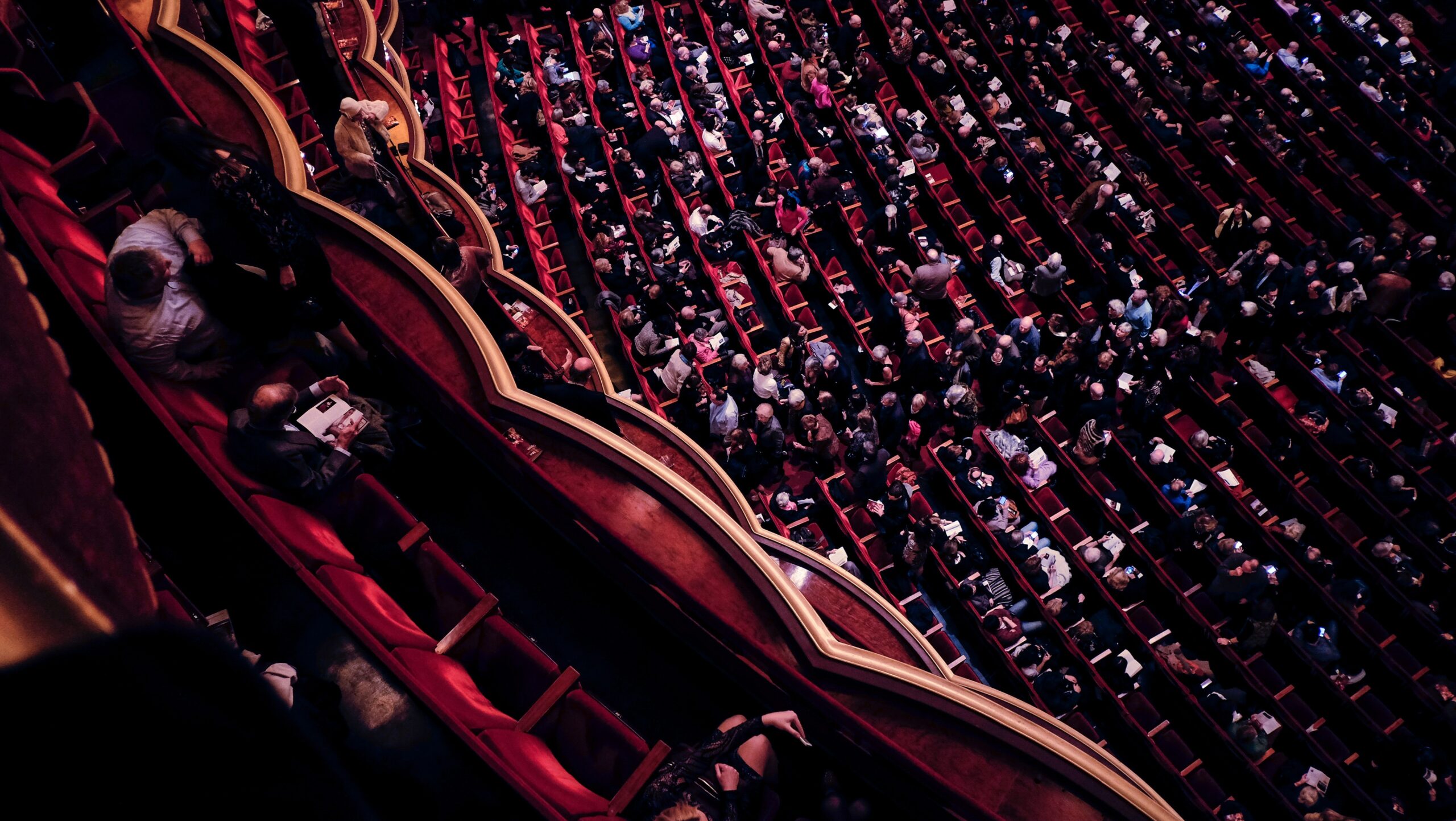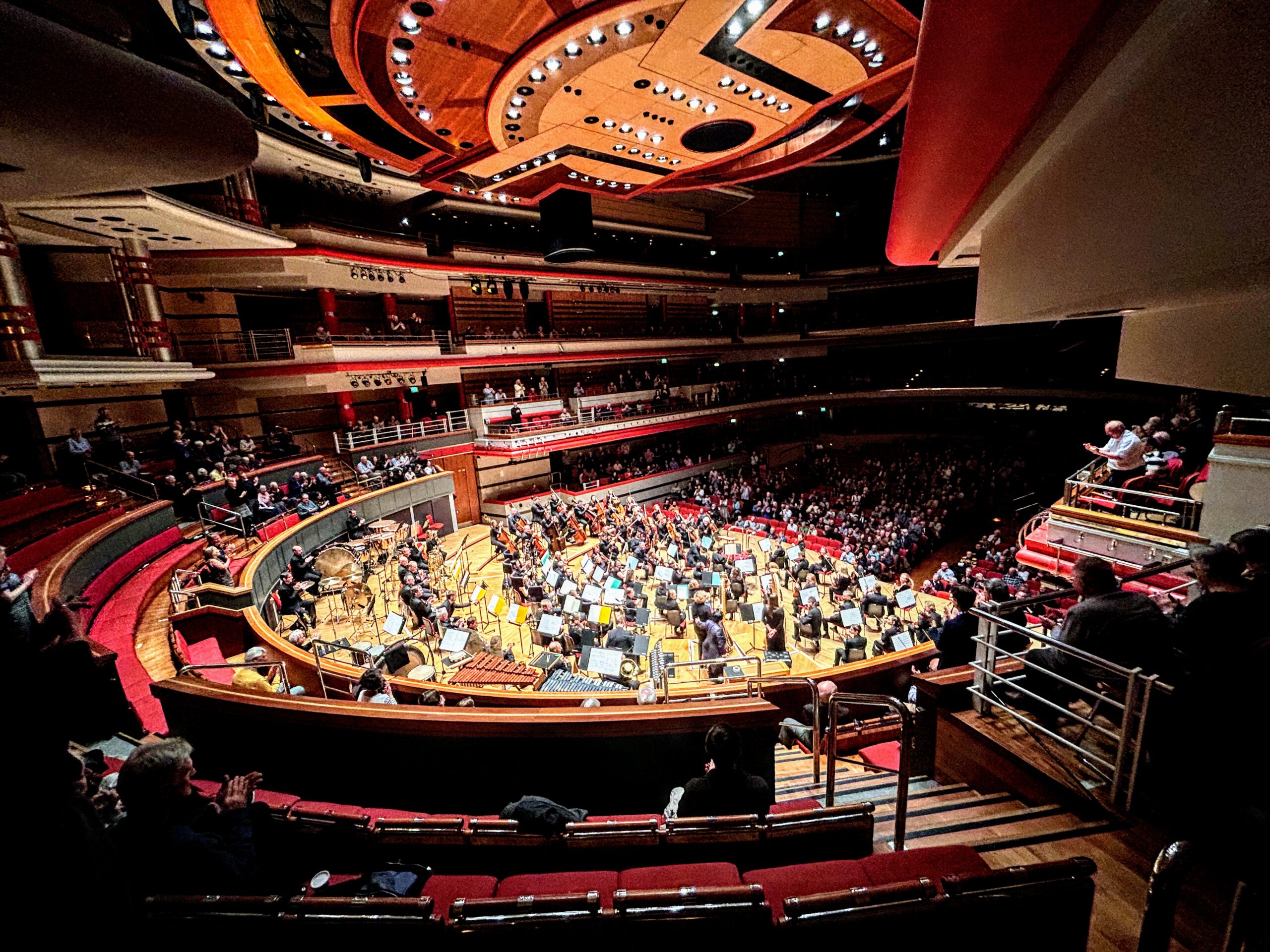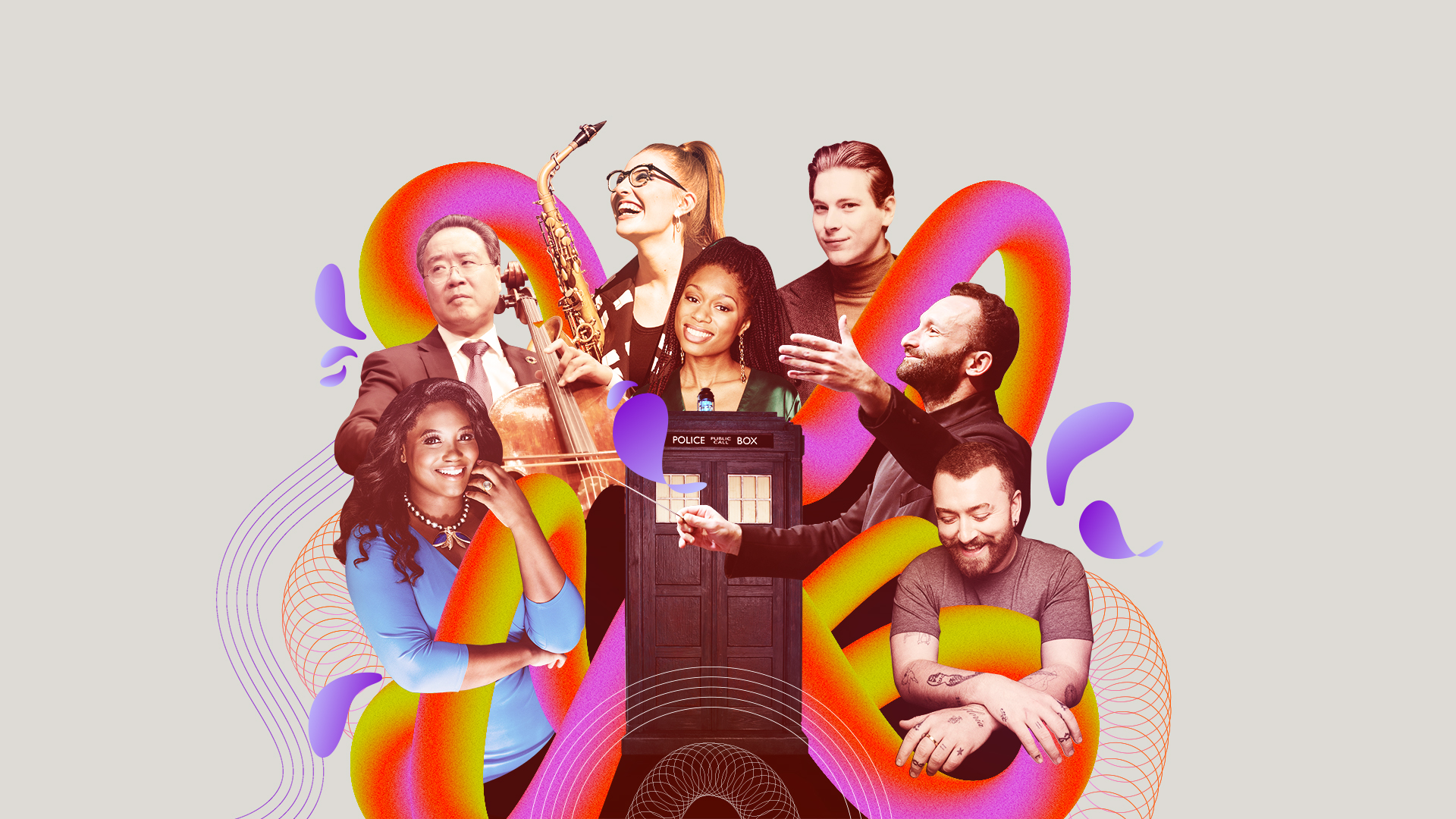Applaud whenever you like. Or don’t. Trust your instinct. Strive to hold the silence if there is some. But know your presence is welcome and applause appreciated. Oh, and don’t be performative.
This blog post is inspired by two discussions on social media, one started by ‘music lover’ Michael Irons, the other by Jonny Sells. It’s not an exhaustive response, nor extant, instead one person’s perspective on what often feels like a confusing and confused discussion.
There might be conventions but there are no rules
There’s a convention about not applauding in between movements of symphonies or concertos for example which stretches back only 100 years or so. But before that there’s evidence that suggests applause featured throughout concert performances. We could get into the history of how the convention of how applause was formed, but let’s not because a) I’ve only got so much time to spare for this and b) you’ve probably got even less time to read it. The key thing here is that there is no rule book. No one has categorically stated that there should only be applause at the end of works and not before, thus making the perennial argument about when best to applaud yet another straw man used to berate a musical genre. *sighs*
Some classical music listeners prefer there to be no applause between movements
I’m in this camp, I’ll be honest. If there are four movements of a symphony then I’d prefer to applaud at the end. If its a symphony that takes me on an intense emotional journey as I listen then the desire to save my applause at the end is even greater because I don’t want to break out of my reverie. But, this doesn’t mean I necessarily want everyone else around me to bow to my needs and not applaud. They can do what they want, I’m truly not bothered. That is a measure of how I practised over time ensuring I remain in my listening state – call it meditative state if you like. It’s my responsibility to ensure I’m not distracted, not others responsibility to not distract me (within reason – I have my limits here).
For some, live classical music is a profoundly introspective experience meaning spontaneous applause can interrupt their mindful state
This has taken me a bit of time to get to this point in my listening experience. I frequently want to immerse myself in colours, textures and harmonies, and revel in the emotions that those artistic choices stir up. This experience has been heightened since the pandemic when we were starved of live performance experiences for a long while. As a result, live unamplified performance is something akin to going on a two-week holiday for me. I do want to revel in it and sometimes unexpected applause risks my bubble being burst. But I’ve also come to recognise that we’re all getting different things out of this concert experience, and the mere fact we’re all in the auditorium together is the priority.
Some performers state out loud from the stage if they would like the audience to hold from applause
This seems fair enough, especially in concerts where individual movements have been programmed to create a ‘playlist’ listening experience. In this instance, its probably best to do what the performer requests. Anything else would like surliness or belligerence.
The no ‘applause until the end’ preference is often used as evidence of elitism in classical music
I’ve lost count of the mind-numbing conversations I’ve had where I’ve ended up feeling as though I have to defend myself for explaining how music in different movements can itself be a musical journey. The mere fact that I articulate that perspective is often regarded as irrefutable evidence of classical music’s ‘elitism’.
Some people believe that ‘spontaneous’ applause in between movements is a sign of an engaged (and maybe even new) audience
There is nothing worse than an audience tentatively starting a round of applause. It feels awkward (or it might even signal a lack of satisfaction). In these moments I always feel for the performer who’s put themselves out there and stood alone. Thus, spontaneous or unexpected applause is A Good Thing. It shows that people are listening, eager, supportive and appreciative. I’d rather have that than something that’s lack-lustre or tentative.
Most people are responding to the music they’re hearing in the moment – that’s OK, isn’t it?
Yes, it is.
So when is the right time to applaud?
I think it depends on the moment, the music and how you’re responding to it. It’s an instinctive thing. There are magical moments in the concert hall when a quiet slow movement gradually comes to an end where a stillness passes over the auditorium. It is something incredibly special. You’ll know it when its happened. Prolonging that moment is often done by the audience by resisting applause. That resistance sees the audience collectively ‘holding the silence’ extending the performance even more.
In other works – for example the end of the first movement of Beethoven’s Fifth Symphony – the final chord of a movement suggests a resounding conclusion. We could get into some of the detail as to why this is not the case harmonically, but that’s beyond the scope of this post. The music signals a conclusion, the audience feels roused. Why not applaud? You don’t have to.
The bottom line is that it really doesn’t matter whether you applaud or not. Do you what you feel. Follow the crowd. Trust your instincts. Be in the moment (whatever the moment is the composer and musicians on stage have sought to create).
Just don’t be performative – don’t signal your knowledge or experience
This is Jonny Sells point. There are some audience members (especially in a live radio broadcast) who seek to applaud first, sometimes breaking the silence a conductor is trying to hold. Some argue that the motivation for this early applauder is to signal to everyone around them that they know a) the work and b) that this performance was especially good. Some even cheer, whistle and shout ‘Bravo’ – as anachronistic a term in the concert hall as ‘Maestro’. So, like Jonny Sells says, don’t be a dick when you applaud. Keep your ego in check.
Sometimes you’ll make mistakes and mistakes are OK
I am reminded of a spectacular error of judgment I made in a Prom once. I stood on the second row of the arena.
I was completely consumed by a performance of Strauss’ Four Last Songs and eager to show my appreciation at this new discovery and the excitement of being so close to the front, I broke into hugely excitable applause only to discover a second or two later that I was … the only one doing so.
I turned to my friend standing next to me who slowly mouthed the words ‘There are FOUR songs,’ holding up four discreet fingers close to his chest to emphasise his point. I had been so absorbed by proceedings I had miscounted. It was both mortifying and hilarious. I now can’t listen to Strauss’ Four Last Songs without thinking about that moment.



